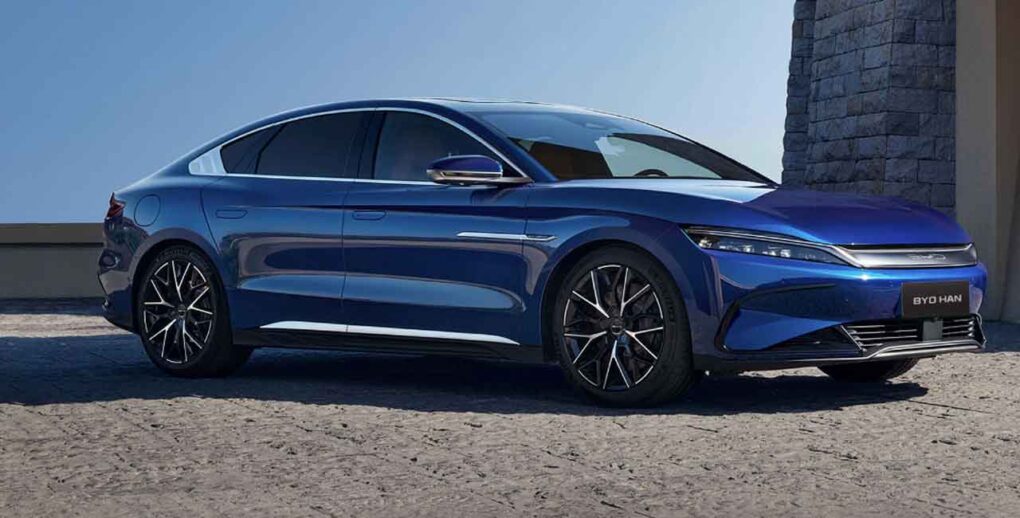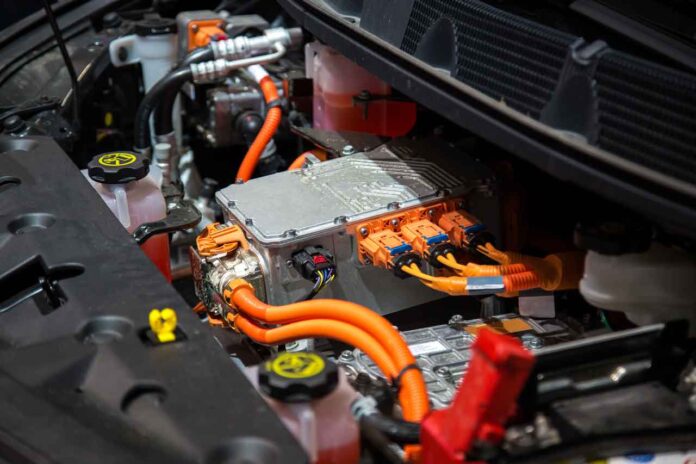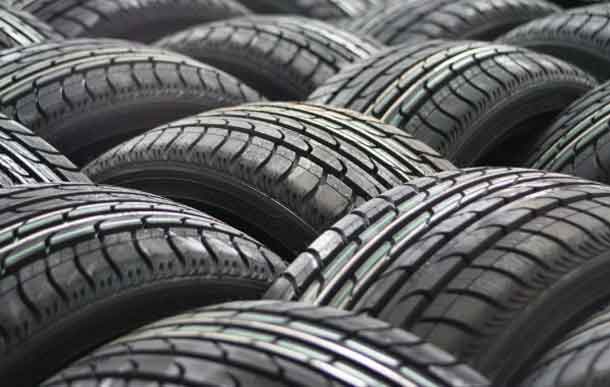Sodium-Ion Batteries: A Potential Game-Changer in the EV Industry
Sodium-ion (Na-ion) batteries have emerged as a compelling contender in the quest for efficient and sustainable energy storage solutions, particularly for electric vehicles (EVs). Recent studies and developments in this field shed light on the promising future of Na-ion batteries:
Cathode Material Breakthrough
A team led by senior chemist Christopher Johnson has pioneered a layered oxide cathode tailored for sodium-ion batteries. This innovation addresses the short service life issue that plagued earlier Na-ion batteries. The new cathode material boasts a comparable number of charge/discharge cycles to its lithium-ion counterparts, marking a substantial advancement.
Economic and Environmental Advantages
Na-ion batteries offer economic and environmental benefits. Sodium is more abundant and easier to extract than lithium, resulting in cost advantages and reduced susceptibility to supply chain disruptions. The cathode material predominantly comprises iron and manganese, both globally abundant and non-endangered elements. Furthermore, Na-ion batteries do not pose the same safety risks as lithium-ion batteries, such as thermal runaway and fire hazards.
Energy Density and Weight Considerations
While Na-ion batteries exhibit a lower energy density compared to lithium-ion counterparts due to the intrinsic weight of sodium, recent improvements have extended their range. These batteries can now power EVs for approximately 180-200 miles on a single charge, making them suitable for urban driving and short commutes.
Market Prospects and Applications
The entrance of sodium-ion batteries into the EV market is gaining momentum. Their success hinges on economic factors and advancements in materials science. Their cost-effective nature positions them as an attractive choice for EVs, particularly in segments where extended driving ranges are not a primary concern.

Industry Adoption
Major EV manufacturers like BYD have recognized the potential of sodium-ion battery technology. BYD, the world’s largest EV maker, has embarked on the construction of its inaugural sodium-ion battery plant with an annual capacity of 30 GWh. This signifies growing interest and investment in sodium-ion battery technology within the automotive sector.
Research for Improved Cycle Life
Ongoing research endeavours aim to enhance the cycle life of sodium-ion batteries by developing innovative cathode materials capable of storing more sodium ions. This research is pivotal in augmenting the energy density of sodium-ion batteries, thereby enhancing their competitiveness with lithium-ion counterparts.
In conclusion, sodium-ion batteries present a promising alternative to lithium-ion batteries for specific EV applications, especially those prioritizing cost-effectiveness and sustainability. Continuous progress in cathode materials, energy density, and manufacturing techniques is pivotal to bolster their viability in the EV market.







